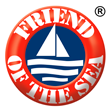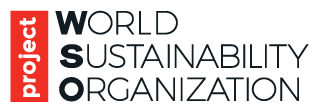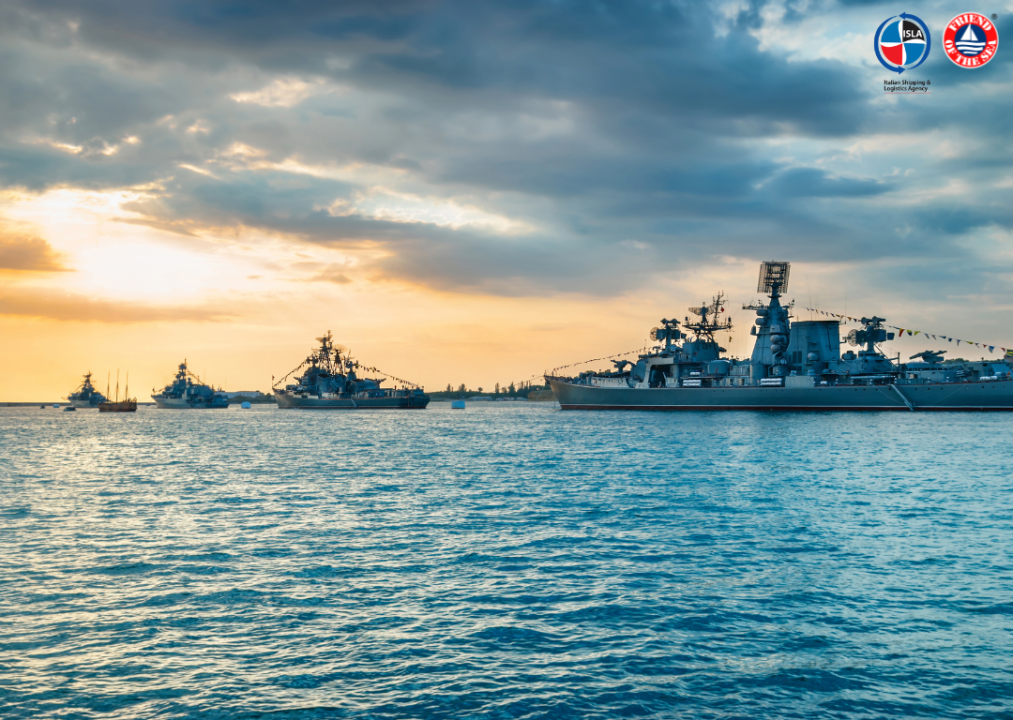The World Sustainability Foundation today presents the results of a major study conducted by biologist Federica Azzali and supported by the Palermo-based logistics provider Italian Shipping & Logistics Agency S.r.l. (ISLA). The research delves into a growing and often underestimated problem: ship-whale collisions in our oceans.
The study reveals a troubling picture: each year, an estimated thousands to tens of thousands of collisions occur between ships and whales. These collisions not only endanger the lives of cetaceans, but can also cause significant damage to vessels and pose a danger to the crew. The problem is getting worse as shipping traffic increases.
Among the species most affected are those already threatened with extinction: minke whales, sperm whales, blue whales, and right whales. Dr. Azzali explains, “These magnificent creatures, already challenged by hunting in the past, now face a new threat. Collisions with ships are becoming a significant factor hindering their recovery.”
The study identified Important Marine Mammals Areas (IMMAs) as focal points for cetacean protection. These areas, which include breeding, feeding and migration grounds, often overlap with high-traffic shipping lanes, increasing the risk of collisions.
A key element of the study is a detailed map illustrating the overlap between the busiest shipping lanes and IMMAs in the Mediterranean Sea. “This map is a key tool,” says Dr. Azzali. “It allows us to clearly visualize the areas of highest risk and plan targeted interventions to protect cetaceans.”
To address this problem, the research team proposes several solutions. These include using observers or automated systems to detect cetaceans, implementing vessel routing systems, enforcing speed reductions in high-risk areas, using advanced technologies such as infrared cameras, and sharing observations in real time. It also promotes the adoption of certifications for sustainable shipping, such as Friend of the Sea’s “Whale-Safe” certification, which rewards maritime operators who take preventive measures.
One alarming aspect that emerged from the research is the lack of public awareness of this problem. A survey conducted as part of the study revealed that at least 50 percent of the public was unaware of this issue. “Raising awareness is critical,” says Paolo Bray, Founder and Director of the World Sustainability Foundation. “Only through widespread understanding of the problem can we hope to mobilize the resources and support needed to implement effective solutions.”
The World Sustainability Foundation calls on maritime authorities, shipping companies and the public to take note of these findings and work together to implement effective solutions. Protecting these marine species is not only a matter of biodiversity conservation, but also of maritime safety and global responsibility.
“ISLA was very pleased to support the study because, as a company involved in the maritime industry, we feel it is our responsibility to help protect the oceans,” says Managing Director Pietro Coniglio. “We live from the sea and understand the need to preserve it for future generations.”
The full copy of the study, including a detailed map of areas at risk in the Mediterranean, is available at: https://friendofthesea.org/marine-conservation-projects-and-awareness/save-the-whales-2/




